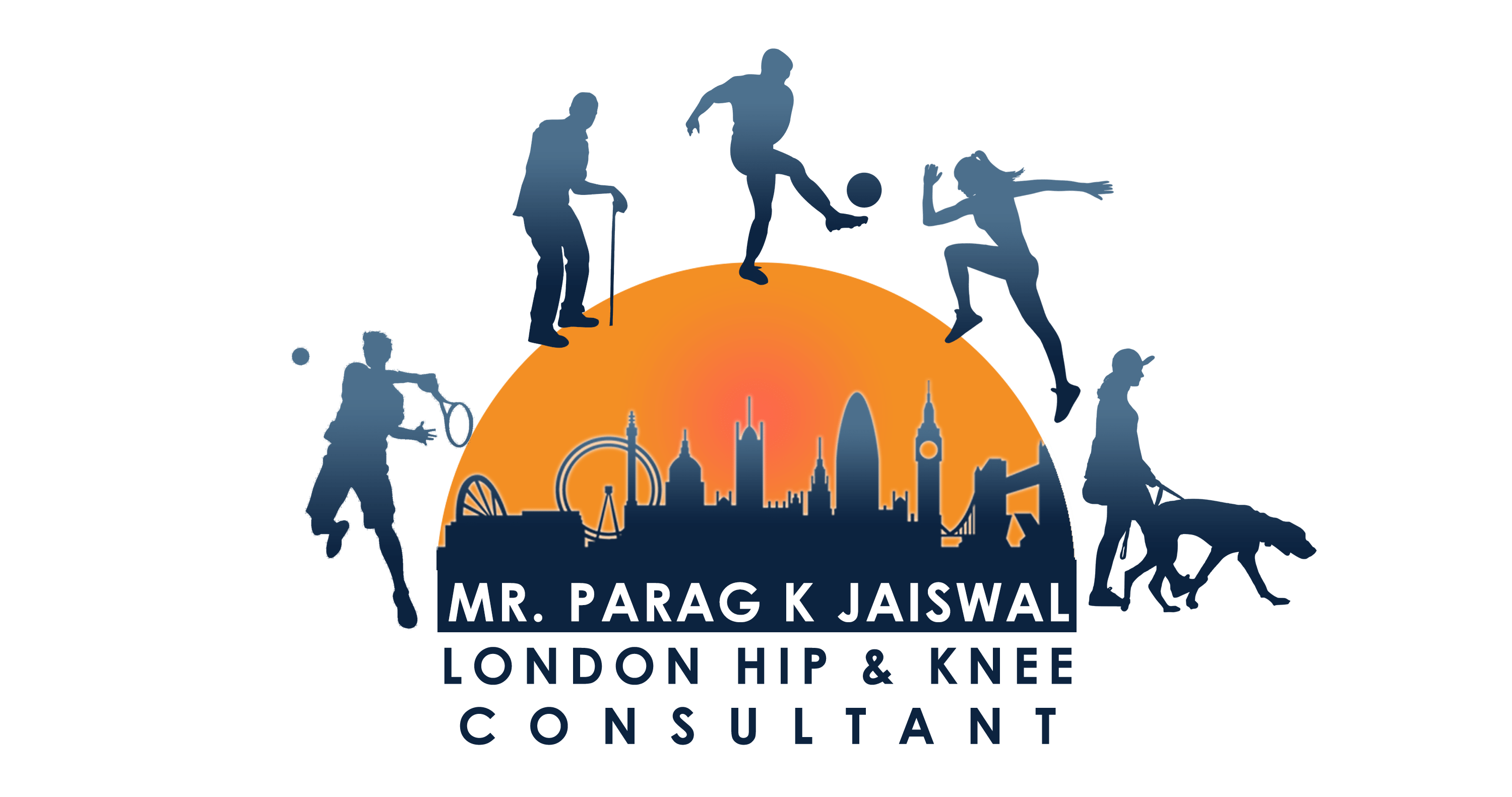Orthopaedic Expert Care You Can Trust

What is it?
The hip joint is a ball and socket joint and both are lined with synovial cartilage. This is very smooth and allows friction free movement. This smooth movement is further facilitated by synovial fluid in the joint. In the initial stages of arthritis, the cartilage becomes soft and loses water content. This progresses to thinning of cartilage and ultimately small areas of cartilage are completely gone from the ball and socket such that bone is in contact with bone. This is effectively end-stage arthritis.
As we get older, the quality of the cartilage and its properties degrade with time and some wear and tear is normal. Arthritis however can also occur after a specific injury/trauma, or from inflammatory diseases such as rheumatoid arthritis and psoriatic arthritis. The most common type of arthritis in the UK is osteoarthritis (OA), which is non-inflammatory and normally occurs because of wear and tear.
What are the symptoms?
The symptoms and hip arthritis do not always correlate with the x-ray findings and the degree of cartilage loss. If you have any of the symptoms below that are affecting your activities of daily living, it is important to see your doctor for further evaluation. The main symptoms are pain and stiffness, though patients may also have feelings of crunching sensation:
Pain
This is typically typically felt in the groin and can radiate down the thigh to the knee. Some patients only complain of knee and thigh pain. Occasionally the pain can radiate to the side and to the buttock.
Stiffness
This can occur after prolonged sitting or after period of rest. Patients with inflammatory arthritis have morning stiffness of greater than 30 minutes.
Patients also complain about difficulty bending over, touching toes, and putting shoes and socks on.
How is hip arthritis diagnosed?
In the vast majority of cases, I can make the diagnosis by simply taking a detailed history and performing a thorough examination. X-rays are usually done on the same day and treatment options discussed after the x-rays performed. X-rays also allow the surgeon to plan the surgery if required.
I like to perform special types of x-rays using calibration sphere. This allows me to meticulously plan any future surgery using templating software. Therefore, even if you have had x-rays in the past I may ask for x-rays to be repeated in order to facilitate this planning step. It is rare to require a MRI scan to diagnose hip arthritis.
What are the treatment options available?
In the early stages of arthritis, simple measures such as modifying your activity, resting, and anti-inflammatory medications can help significantly relieve pain. Weight loss can also help considerably. When these measures have failed, your GP or physiotherapist may refer you to an orthopaedic consultant. You can rest assured I will use all possible joint-preserving techniques if possible before talking about a total hip replacement. This includes joint injections and physiotherapy with an aim to maintaining muscle bulk and increasing strength. However, ultimately, the only permanent surgical resolution to pain from arthritis is a total hip replacement.
If you’re suffering from pain and stiffness in your hip joint, the first step to feeling better is to schedule an appointment with Mr Parag K Jaiswal, an expert in hip and knee problems. I will be happy to discuss all treatment options, especially ones that can save your joint. To request an appointment call on (020) 7459 4482
